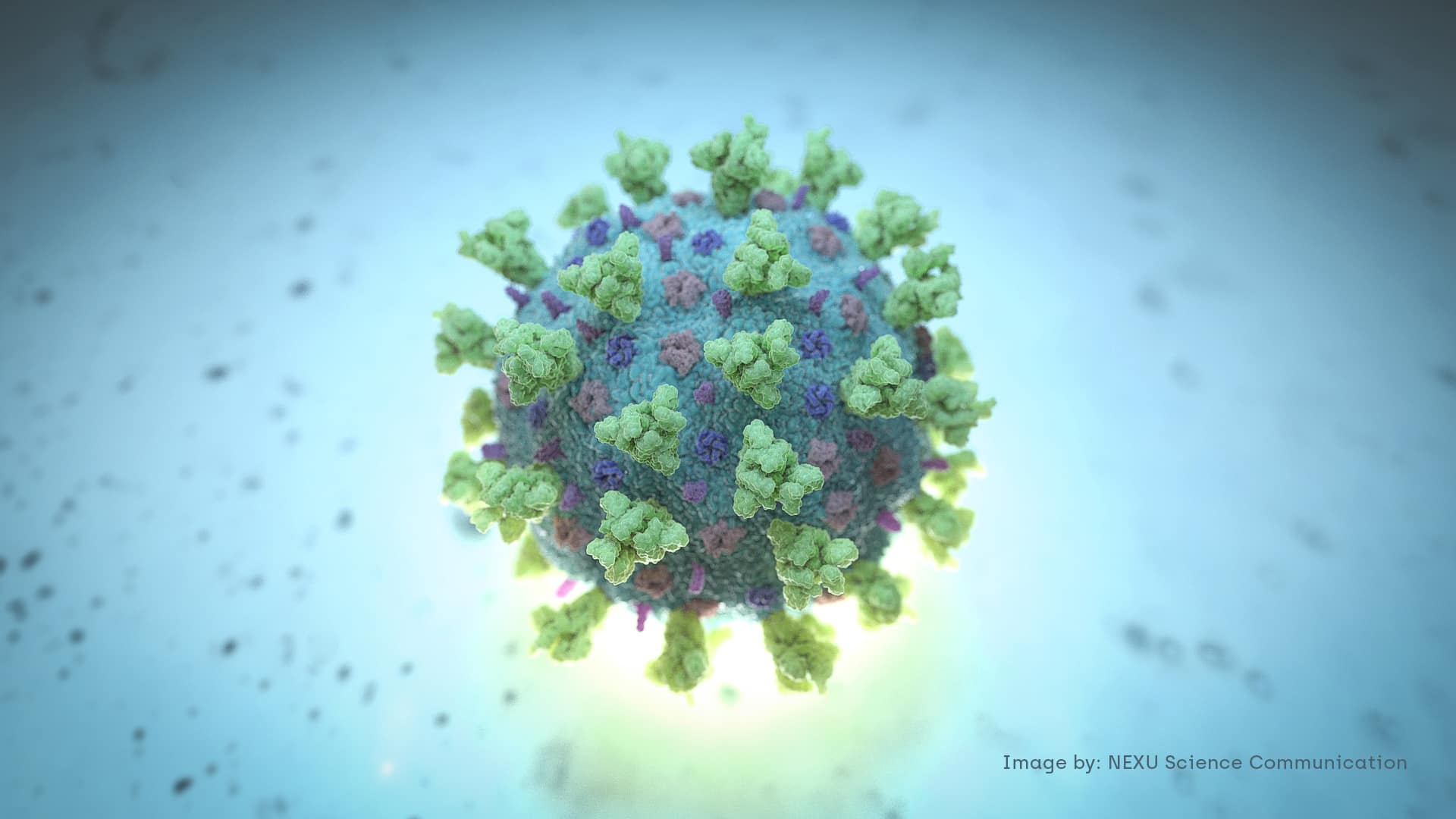A research report is predicting the coronavirus could be around far longer than initially projected — approximately two years.
The University of Minnesota’s Center for Infectious Disease Research and Policy (CIDRAP) released a report on Thursday with new, preliminary findings on the coronavirus.
According to the study, the viral pandemic could continue “1- to 2-year period” not including different waves that may occur in certain areas.
Researchers have compiled their projection based on information currently available about the coronavirus along with investigative findings from eight previous major pandemics.
Due to the highly contagious nature of the virus and its ability to spread among asymptomatic carriers, the study also notes that it will likely be very difficult to contain.
The report also notes that people may have a higher chance of infecting others before they even begin to show symptoms.
“The virus caught the global community off guard, and its future course is still highly unpredictable; there is no crystal ball to tell us what the future holds and what the ‘end game’ for controlling this pandemic will be,” the report reads.
The much-awaited first report in our "COVID-19: The CIDRAP Viewpoint" series has just been published: "The future of the COVID-19 pandemic: lessons learned from pandemic influenza" lays out several potential #pandemic scenarios https://t.co/hQlGFrbWkv #COVID19 #coronavirus pic.twitter.com/yvtB0ioQae
— CIDRAP (@CIDRAP) April 30, 2020
The report also noted that 60% to 70% of the population “may need to be immune to reach a critical threshold of herd immunity to halt the pandemic.”
CIDRAP director Mike Osterholm discussed that population figure with CNN.
“This thing’s not going to stop until it infects 60 to 70 percent of people,” Osterholm said, adding, “The idea that this is going to be done soon defies microbiology.”
The latest study on the coronavirus follows a string of reports about testing and clinical studies on possible drugs as health experts race to develop a vaccine for the virus.
On Thursday, Dr. Anthony Fauci offered positive remarks about a “placebo-controlled, randomized trial” of the drug Remdesivir. If all goes according to the projected plan, Fauci estimates that doses of the vaccine could be available as early as January.
Fauci initially estimated that it would take approximately 18 months for a viable vaccine to be developed.























